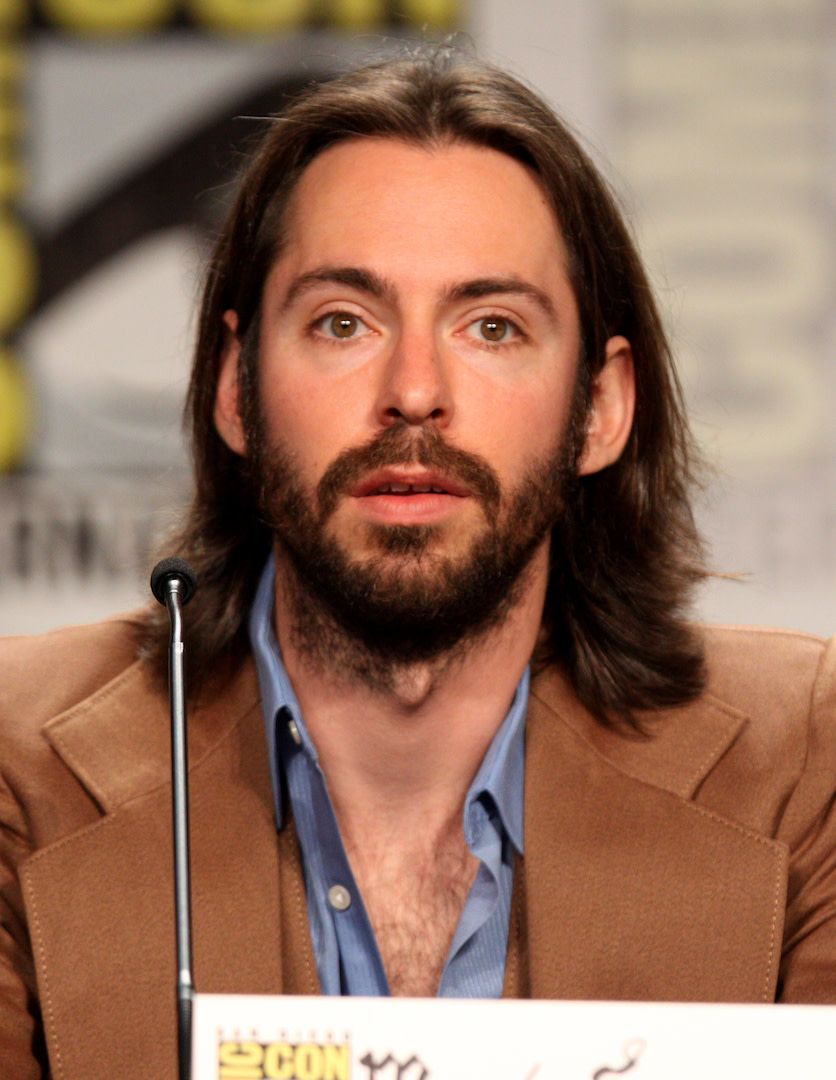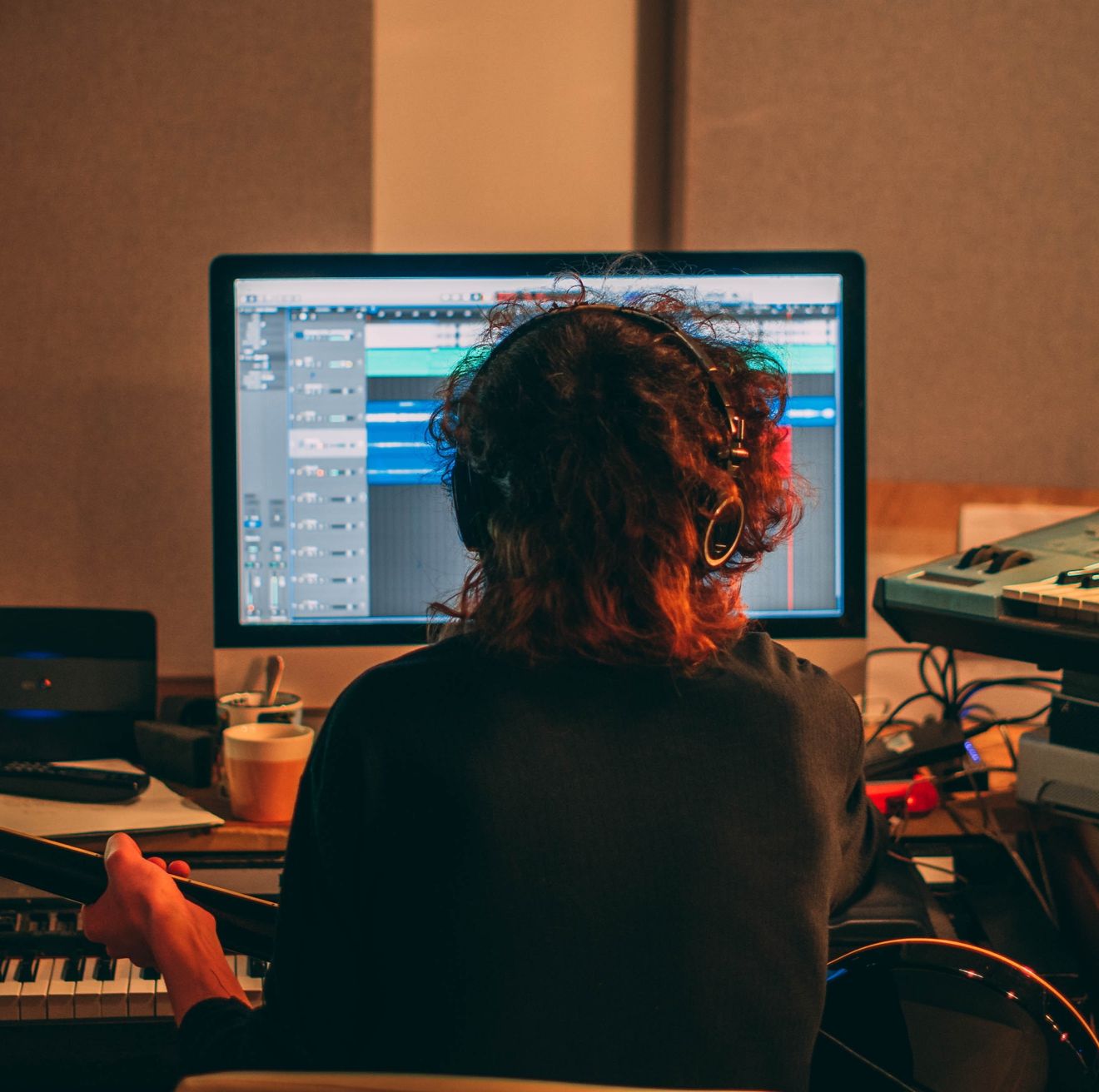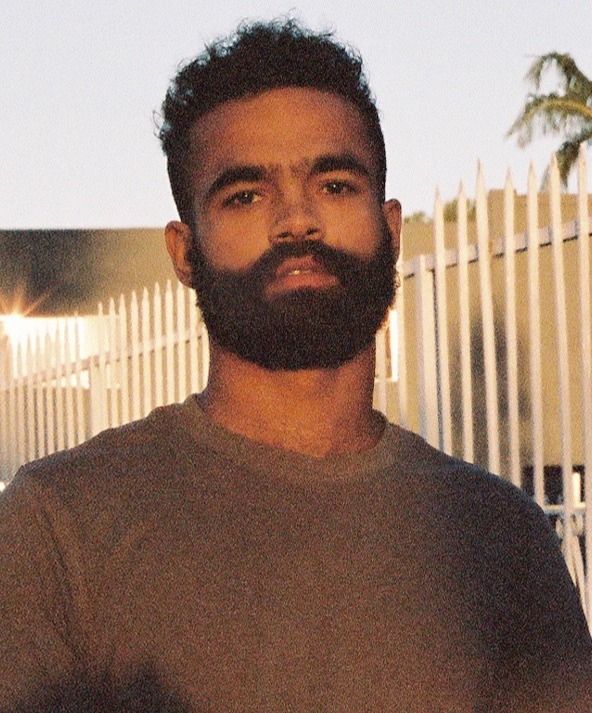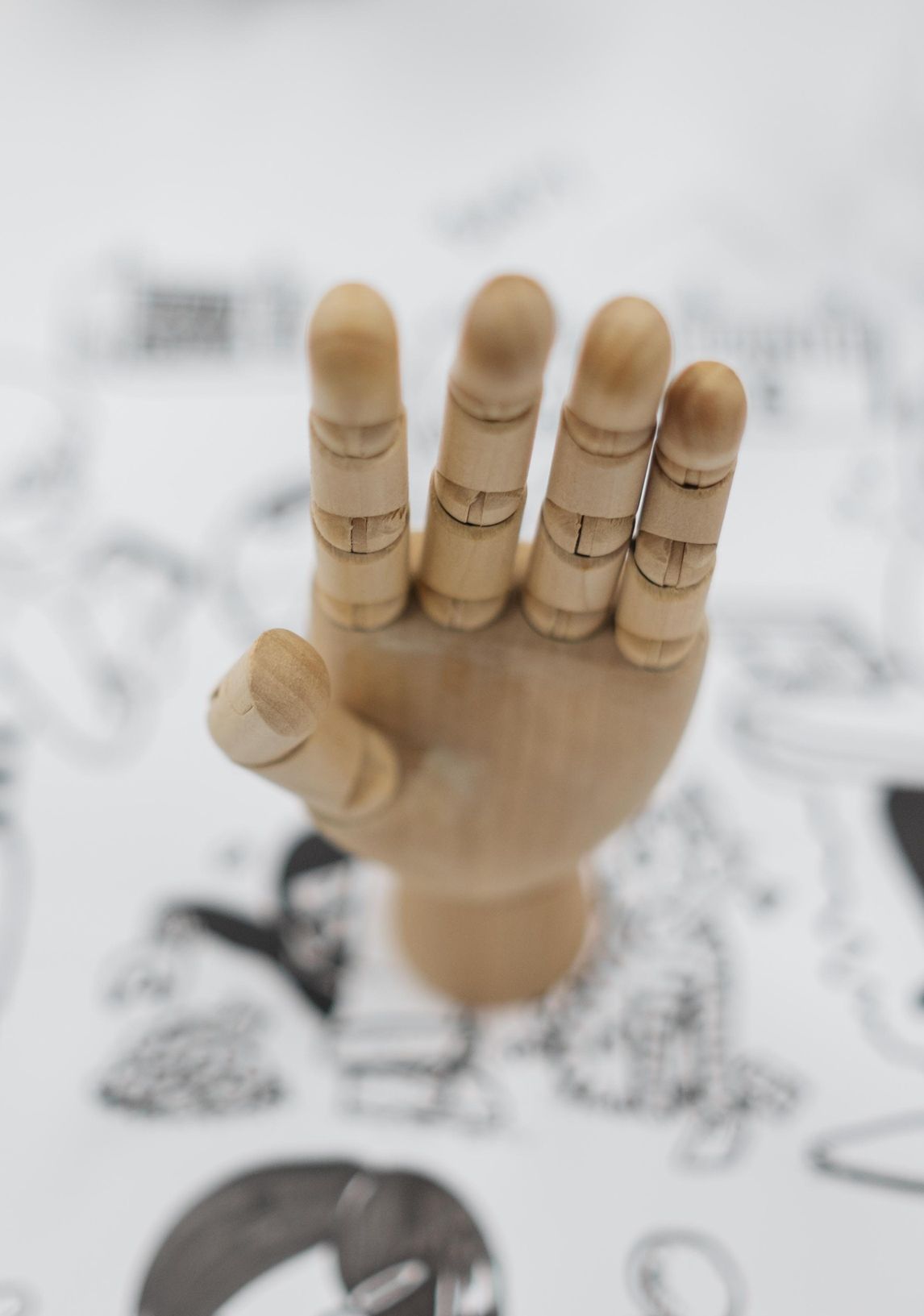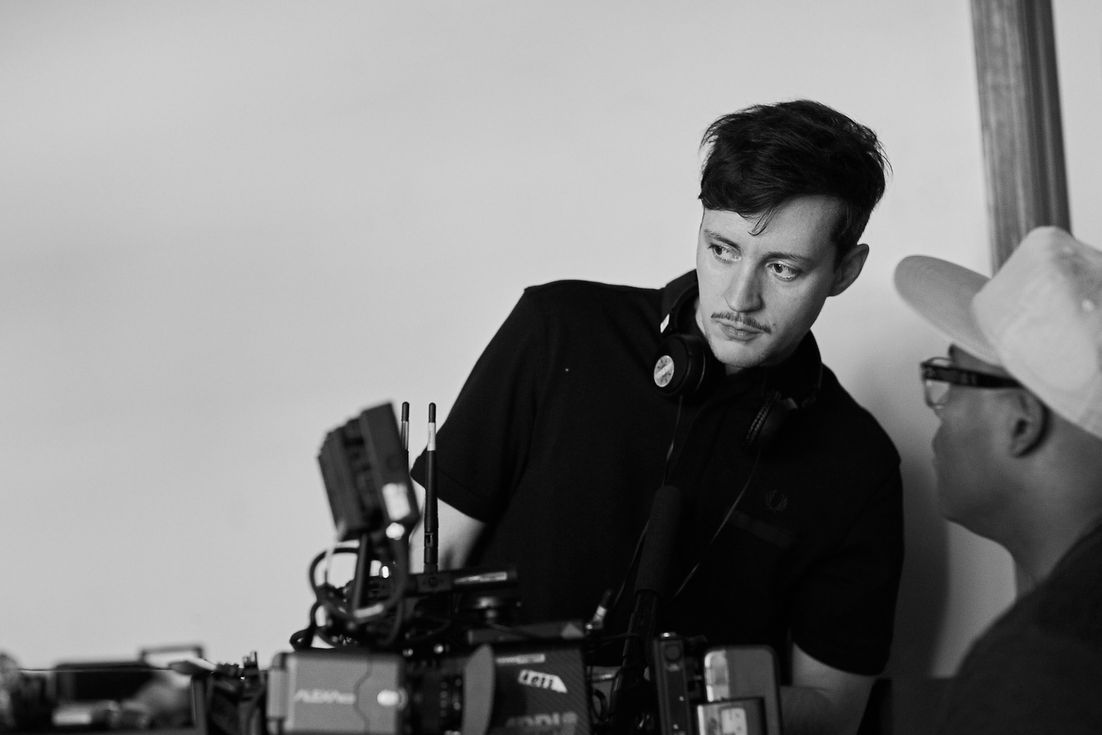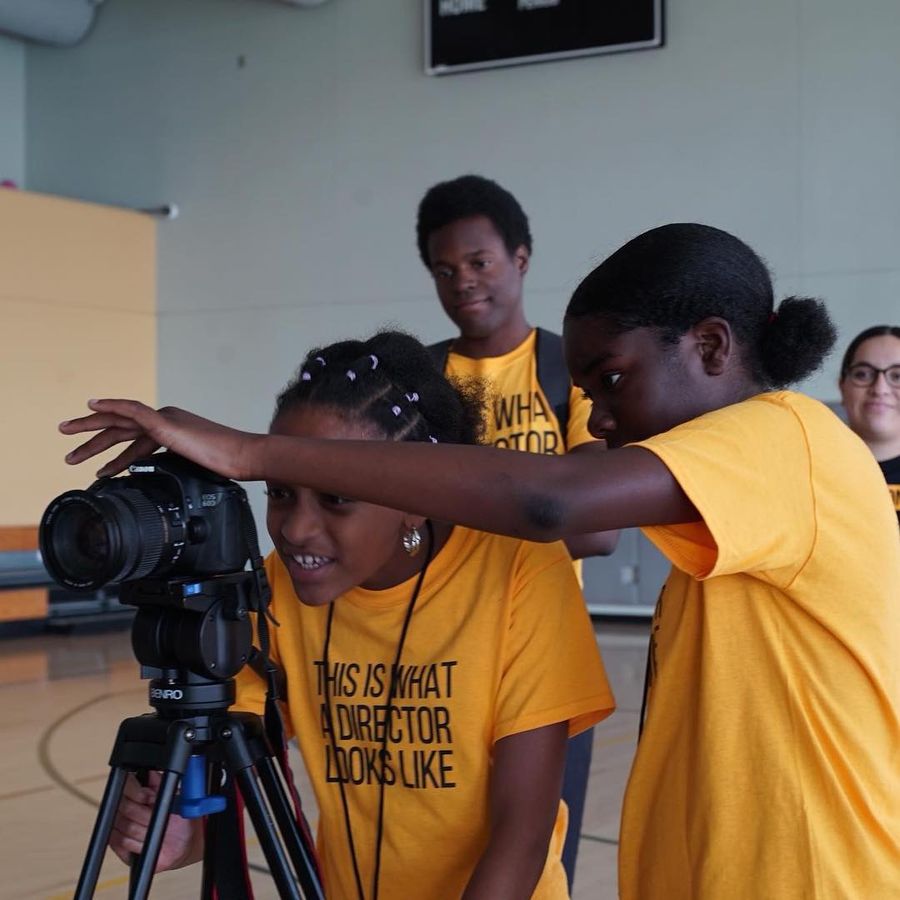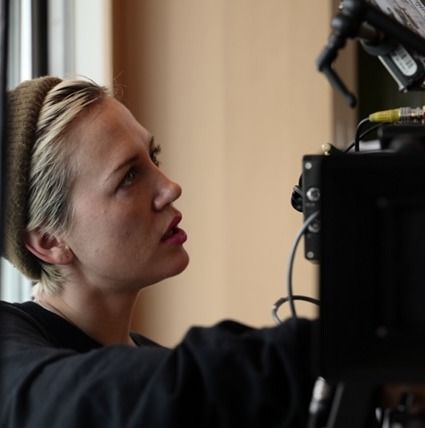When actress/filmmaker Alexandra "Alix" Kyle suffered a battle with crippling anxiety she didn't quite know how to remedy, she turned to art for medicine. In order to work through feelings she couldn't explain, she fictionalized it as a romantic lead, culminating in her short, "Anxiety's Wilma."
In the Kickstarter to raise money for her piece, she wrote, "My intent with this short film is to romanticize anxiety for people who struggle with it so that at the very least anxiety starts to feel less like the monster under the bed and more like someone we can get to know."
That person she chose to personify that monster under the bed? Martin Starr. "I actually met Martin's mom and was like, 'I wrote a short and I'd love for your son to be in it,'" says Alix. "She gave me his email address and to my surprise he not only read it, but said he identified with it and wanted to help me bring it to life."
A few years and a couple of global seismic shifts later, Alix and Martin reconnect to revisit the topic that's more prevalent than ever. Read on as they discuss anxiety, channeling the current moment into creativity, and taking a step outside of yourself to truly hear others' stories.
Martin Starr: Why did you write and direct and star in your own short film about anxiety?
Alix Kyle: It was a while ago that I first sent [the script] to you and I don't know how personal I got in talking to you about it then. I know you knew that I wrote it to help myself. But I’m not sure I’d mentioned that I had a specific, terrifying mental health related experience five years ago, over a month of not really being able to eat or sleep as a result of it. And when the worst of it was over, there was this fear that something was going to happen again. I kept wondering, will that come back? And would I survive a second time? When it was over, it just felt like I didn’t have an understanding of my own stuff, so I needed to visualize it to help me manage that fear. I had so many unanswered questions. And talking about it with people wasn't always necessarily helpful. I remember calling a friend about my panic attacks. And she was like, “Oh yeah, you mean like when your heart starts racing and you think you have to go to the hospital?” But that wasn’t my experience. It was something I couldn’t explain.
MS: Anxiety is universal. There's no one that doesn't have some level of anxiety, especially at this current juncture in the development of our species. Whether we continue on or not, there's enough to worry. If you're not feeling anxiety, you are on a lot of Xanax. Just before you sent me the script, I had done a movie where I had to go through panic attacks and I hadn't experienced one. So I did a lot of research and the thing that I've found most interesting was that everyone's experience is different. There wasn't a by-the-book version of a panic attack.
"Absorb someone else's art and promote it. We’re getting an opportunity to strengthen that muscle. Strengthening that muscle is also totally self-care."
— Alix Kyle

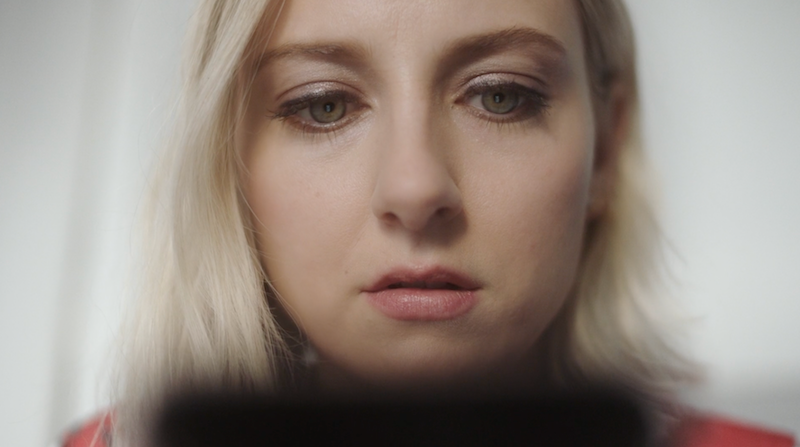

AK: I don't know anyone that has never experienced the feeling of anxiousness. There were times where I was like, is anxiety really even what I'm talking about? There were times that I called it depression, sometimes I called it panic attacks, sometimes I called it PTSD. The word anxiety annoys me now because it’s an easy word to throw around. But people do experience anxiety disorders and it’s so vast. So I tried to just be like, “Well, here's my experience. Take it for what you want.” The romance part of [the short] is the thing that was supposed to be healing to me. I watched Paris Je T'aime five years ago when I was really struggling. I remember feeling the most comfort I had felt during that period of time and realizing, “Oh, there's something to the way that romance suggests the future is bright.” Whereas an anxiety disorder or any kind of severe mental health issue convinces you you're doomed, for me, romance was the antithesis. There was something healing there if I got romantic about my anxiety.
MS: Like how?
AK: Putting the rain in. It was important to me to have rain for that romantic feeling. It's the moment where [she and the embodiment of her anxiety] look at each other and she gets to a certain level of acceptance that he's not going anywhere. There was something, too, about rain being a release, like tears. It took me a while to seek help for my anxiety because it I was something I didn't want to have to address, which is the point of the movie. But I learned that anxiety disorders are all a result of some type of suppression, so the rain has two meanings.
MS: When we talked about it, you had thought that romance was the cure for your anxiety, maybe also in your personal life. Do you remember saying that? Does that still resonate?
AK: For sure and sometimes anxiety has a part in that too, right? In the short, while Wilma’s looking at this gorgeous guy in a coffee shop and he's smiling, anxiety says, “If this guy fell in love with you, you'd never feel pain again.” Which is a lie. It's soothing, but is it also an unhealthy answer? There’s got to be something to the human desire to fantasize. Like, why can we even do that if not to help ourselves work something out mentally?
MS: Digesting it. To understand those feelings. That's a huge part of art for me in my life. Certainly being able to improvise, act, explore emotion and story and characters, and explore other mindsets and perspectives has been invaluable in my life. I've not only used it as therapy to work through my own things but also to explore and prepare myself for things I haven't experienced yet.
AK: I like what you said about playing characters, especially if we are talking about suppressing anything and the toll that has on someone's mental health. When you get to perform, you kind of have an opportunity to act out all of your inner characters. One thing I was concerned about was, is this a good time culturally to release this short? Because I was specifically talking about a type of anxiety that just didn't include the kind we're all collectively feeling right now. I was specifically talking my own, when anxiety lies to you. And now collectively, with the pandemic and viral videos of Black people being senselessly murdered, we have a very real anxiety because of some very real things happening. So in that way, there is a disconnect. But I think that the self-care needed in whatever kind of anxiety we're talking about, that doesn't change; that’s always crucial. [In the short film] Wilma needed to address her own truth to get through her day. After facing her issues she asks, “can I get on with my day now?” Because we do need to be really productive and active right now. We need to keep ourselves really educated and hypervigilant re: activism, and self-care plays a huge role as we summon the strength to move into a brighter future. I don't know if you want to speak to that Martin?
MS: Yeah. I've got a lot of thoughts on the [Black Lives Matter movement and the pandemic], but I don't feel anxiety right now. I grew up in LA. There are things that are now very prevalent nationally that I’ve seen growing up in a city. And there's a big portion of our country that has been ignoring a problem that has been here forever and I am invigorated by the fact that we're dealing with it. Also, I’m not crazy. I felt like I was crazy if the orange dragon who runs our country is in any way representative of the people who live here. I don't connect with this country, I don't believe this is it, and I was feeling like I don't belong here. But I feel like I belong here now. It's invigorating to see the fire that is burning, to see the message that is being represented in a very peaceful way to counteract the extreme violence that is going on all levels, mental, physical. To dismantle systems of oppression. We're starting to see a wave of energy that I hope finally drowns out the racist intentions of people from the past and the current contingent of those individuals that still remain. And hopefully this happens in a peaceful way. That's the real beauty of what's happening currently is that this isn't a violent war. This is a mental war, this is a strategic war to undermine the racist intentions of many people who are still in power. And if we can do it by changing people's hearts and opening their minds to recognizing something that they've either chosen to be ignorant of or have just happened to be brought up in a place where—honestly, in general in America, we've all been brought up with a version of history that's inaccurate. But I am invigorated by the movement that is currently taking place.


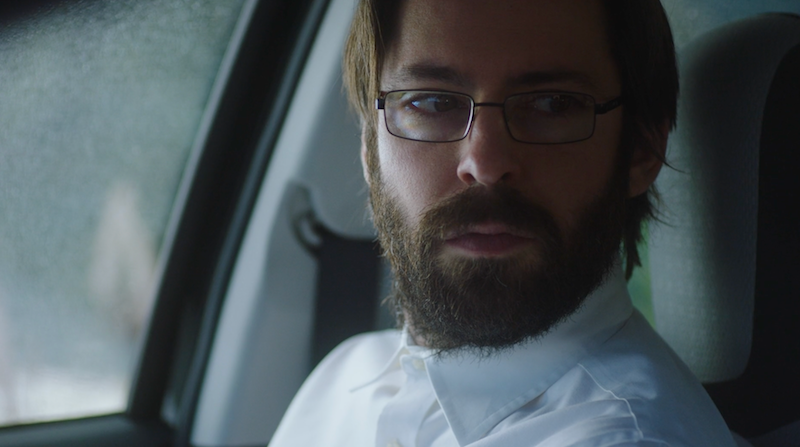
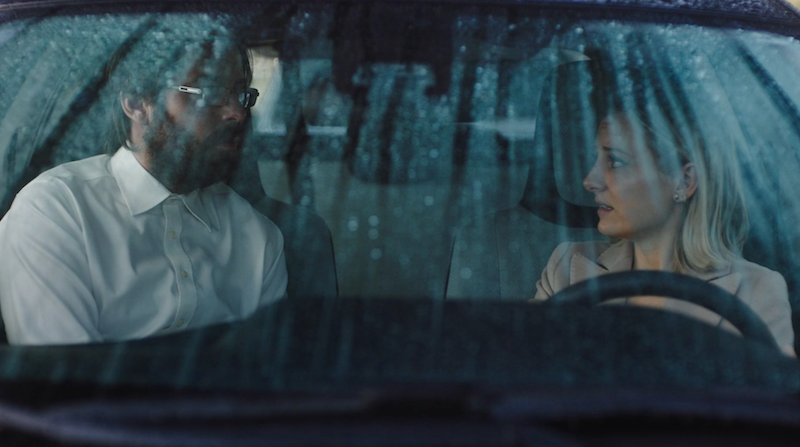
AK: For sure. At first, with just the pandemic alone, anxiety felt like a pretty big topic. But with the Black Lives Matter movement, there’s so much necessary change as we go through these necessary inevitable cultural shifts.
And I believe it will be reflected in how the entertainment industry operates and if we do it right, it won't be performative. It'll look like more than a few hires. I am motivated for sure, but also, how is this going to play out is where the uncertainty is.
MS: I'm with you. Watching Mayor Garcetti and people in power positions making promises, there should be trepidation, there should be uncertainty, there should be a lack of trust hearing them say things that sound similar to things they've said in the past. They make promises and they don't keep them and there is no reason that these peaceful protests should stop until we actually see a change. But I've gotten too political and not stayed on topic here.
AK: It's a hard time to not get political so I hear you and I don't disagree. I believe that in the way we talk about art, as with post-World War II art, we will be able to distinguish post-pandemic storytelling. Some stories just won't feel appropriate. Stories that felt relevant or important will just seem somewhat trivial moving forward. I was in the middle of writing something where I was like, can this story be told next year? We've got so much bigger shit to fry.
MS: And what we need to do now is fry some shit.
"We're starting to see a wave of energy that I hope finally drowns out the racist intentions of people from the past and the current contingent of those individuals that still remain."
– Martin Starr
AK: There’s going to be a big shift in storytelling but I don't know what that looks like yet. But I don't think anyone should be discouraged from being creative because they don't know if their work will fit. I’ve also been inspired by all the changes in my newsfeeds this year, and I’m excited to see how that inspiration plays out for other artists, too. Also, I don't know if you felt this way, Martin, but in this time of being physically isolated, I have maybe two days where I'm totally motivated and then several days in a row where I'm living like a crazy person.
MS: I definitely hit a wall two months ago. I spent five weeks just working against myself, not keeping healthy habits for my own mental or physical wellbeing. Once these Black Lives Matter protests started, I've found a new excitement in the direction that we’re headed as a country and as a planet. So, that's given me a tremendous amount of hope. But in general, I find that when I'm most down mentally and emotionally, when I'm at my darkest, that breaking those habits with new habits, breaking that chain of negativity with some sort of contribution to my own life and perhaps hopefully to others as well is healing. It's healing to create something, anything. I'm making a longbow currently. I just enjoy making things with my hands and it's creative. I feel like the question is, how do you remain creative when you're feeling down? And I personally feel like the medicine is finding your core, telling your story. Evolving your voice as an artist is exactly how you break through those moments, and breaking through these moments is how you define your voice.
AK: There's also something to be said about—as people who are used to being the creators—the importance of our taking this time specifically to be ingesting information and storytelling, reading work by Black storytellers, seeking artists of color, and using this time to consume undertold, undersold stories. Absorb someone else's art and promote it. We’re getting an opportunity to strengthen that muscle. Strengthening that muscle is also totally self-care.
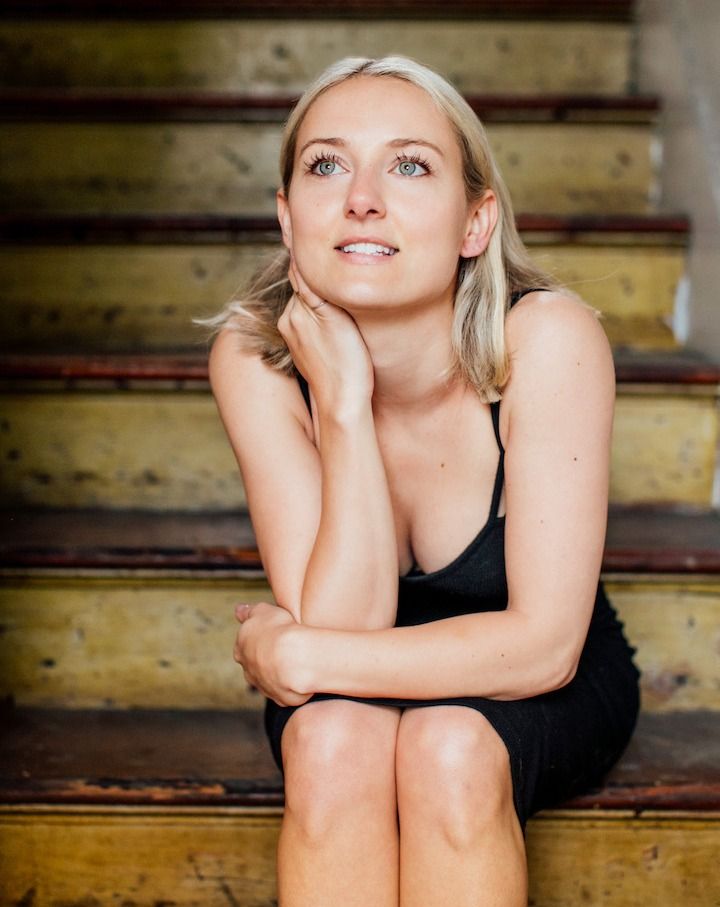
Alexandra Kyle
Mali Finn plucked me out of my 1st grade classroom (after watching me tell stories to friends) and cast me in a leading role alongside Sally Field, Kiefer Sutherland and Ed Harris. After some convincing, my mother agreed to let me work, insisting that I always prioritize my education. Thanks to this balance I’m now somewhat of a renaissance artist, creating and performing nonstop via several art forms, always trying to learn something new. I studied post-production, film, and photography in Boston. I now live and tell stories in Los Angeles.
Martin Starr
Martin James Pflieger Schienle (born July 30, 1982), professionally known as Martin Starr, is an American actor and comedian. He is known for the television roles of Bill Haverchuck on the short-lived comedy-drama Freaks and Geeks (1999–2000), Roman DeBeers on the comedy series Party Down (2009–2010), Bertram Gilfoyle on the HBO series Silicon Valley (2014–2019), for his film roles in Knocked Up (2007) and Adventureland (2009), and as Roger Harrington in the Marvel Cinematic Universe films The Incredible Hulk (2008), Spider-Man: Homecoming (2017), and Spider-Man: Far From Home (2019).
